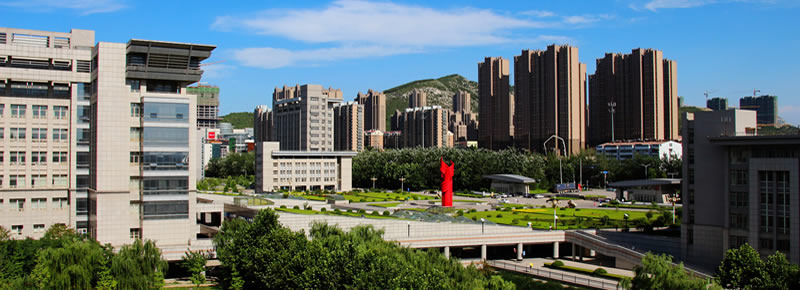Abstract
Concrete structures are now the most widely used structures, and mass concrete is the most common application of concrete in engineering. Due to the weakness of its own constituent materials, cracks are inevitable due to the inadequacy of the materials themselves, especially in mass concrete. The causes that make concrete crack are mainly divided into two types - load cracks and non-load cracks, and since non-load cracks account for 80% of the total cracks in concrete, the main discussion in this paper is on non-load cracks. After the experiment, it is concluded that in C30, when the proportion of U-SCM is 31.25%, the compressive strength increases by 6.32% and the tensile strength increases by 8.84%, and when U-SCM is mixed in concrete, C30 its crack area gradually decreases from 3434mm2/m2 to 1386mm2/m2.
Effect of ultrafine supplementary cemetitious materials (U-SCM) on the early cracking of concrete
Concrete structures are now the most widely used structures, and mass concrete is the most common application of concrete in engineering. Due to the weakness of its own constituent materials, cracks are inevitable due to the inadequacy of the materials themselves, especially in mass concrete. The causes that make concrete crack are mainly divided into two types - load cracks and non-load cracks, and since non-load cracks account for 80% of the total cracks in concrete, the main discussion in this paper is on non-load cracks. After the experiment, it is concluded that in C30, when the proportion of U-SCM is 31.25%, the compressive strength increases by 6.32% and the tensile strength increases by 8.84%, and when U-SCM is mixed in concrete, C30 its crack area gradually decreases from 3434mm2/m2 to 1386mm2/m2.





